Freezing cooked food is a common habit of many families, especially during the holidays when excess food often increases.
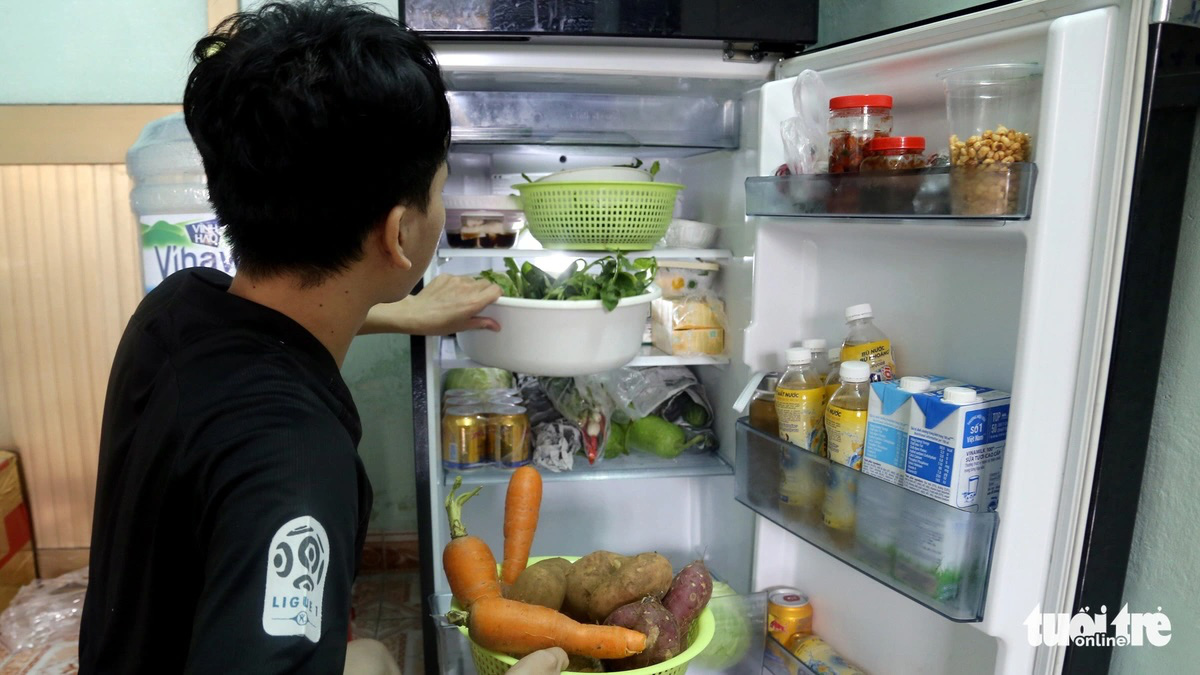
Many families often have the habit of freezing leftover food for reuse. If not stored properly, it will affect health - Photo: DUYEN PHAN
Nowadays, many families often have the habit of freezing cooked food, especially during the holidays when excess food often increases.
Risk of poisoning if food is not frozen properly
Speaking to Tuoi Tre Online , Dr. Chu Thi Dung - University of Medicine and Pharmacy Hospital, Ho Chi Minh City, Facility 3 - said that although this is a way to save food and cooking time, if not properly preserved or used for a long time, frozen food can cause potential health risks.
According to Dr. Dung, freezing cooked food is a safe preservation method if done correctly, because at temperatures of -18°C or lower, the activity of bacteria and enzymes that cause food spoilage will be inhibited.
However, the effectiveness of freezing depends on: The quality of the original food, the food must be thoroughly cooked and clean before freezing.
The food should then be cooled quickly before being placed in the freezer and stored in airtight containers or bags.
Note, when stored as above, frozen food still has a certain shelf life, usually from 1-3 months depending on the type of food.
Dr. Dung said, however, there are health risks when using frozen food for a long time:
Nutrient loss: Freezing can reduce the content of some vitamins that are sensitive to temperature and oxygen, such as vitamin C and B vitamins. If stored for too long, foods can lose their original flavor and nutritional value.
Risk of bacterial contamination: Errors in the freezing process, if food is not cooled quickly before being placed in the freezer, bacteria can still grow in the early stages.
Improper defrosting: Defrosting at room temperature or not reheating food before consumption can lead to the growth of food poisoning bacteria such as Salmonella, E. coli.
Toxin formation in food: Some bacteria such as Clostridium botulinum can produce toxins when food is stored improperly or not boiled thoroughly after thawing.
Fatty foods when frozen for a long time can oxidize, producing trans fat, which is harmful to the heart.
Risks from preservative materials: Using regular plastic bags or plastic boxes that do not meet quality standards can cause chemicals from these materials to seep into food, especially when heated.
Foods that are susceptible to freezing
According to Dr. Dung, some foods are easily affected when frozen, such as:
Water-rich foods: Soups, soups, and green vegetables often change structure after freezing, losing crispness and nutrition.
Fried foods: Frozen fried foods easily lose their crispness and become difficult to digest when reused.
Dairy foods: Foods containing milk or cream may separate and change flavor when thawed.
Safe freezing process
Cool quickly: After cooking, food should be cooled completely within 2 hours before being placed in the freezer.
Store in an airtight container: Use zip bags, plastic or glass containers specifically for food to prevent air from entering.
Date Labeling: Mark the date of freezing to use within the allowed period.
Do not refreeze: Thawed food should not be put back in the freezer because it can easily cause bacterial contamination.
Be sure to defrost properly in the refrigerator, this is the safest way to avoid exposing food to high temperatures. Reheat at high temperatures, ensuring food reaches a temperature above 75°C before eating.
Long-term use of frozen foods can lead to the accumulation of toxins in the body, leading to the accumulation of toxins from bacteria or from the transformed food itself.
The risk of digestive disorders is that frozen food is often more difficult to digest due to its affected structure and nutritional quality, causing bloating and indigestion in some people.
Increased risk of chronic disease, consumption of foods containing oxidized fats from long-term freezing can increase the risk of cardiovascular disease and metabolic disorders.
Dr. Dung recommends freezing only a moderate amount of food: Avoid storing too much food to avoid waste and difficulty in management.
Prioritize fresh food: Use fresh food, prepare it the same day to ensure nutrition and safety.
Check food regularly: Discard food that shows signs of discoloration, has a strange odor, or has a lot of ice stuck to the outside.
Consult a nutritionist: For families with people with chronic diseases such as diabetes or cardiovascular disease, consult a doctor to develop a safe diet.
How long does it take to freeze food?
According to doctors, the recommended storage time for frozen foods is:
Cooked meat and fish: 2-3 months
Soup: 1-2 months
Cooked vegetables: 1 month
Source: https://tuoitre.vn/cap-dong-thuc-pham-du-thua-luu-y-gi-de-an-toan-khong-mat-dinh-duong-2025012814572372.htm

























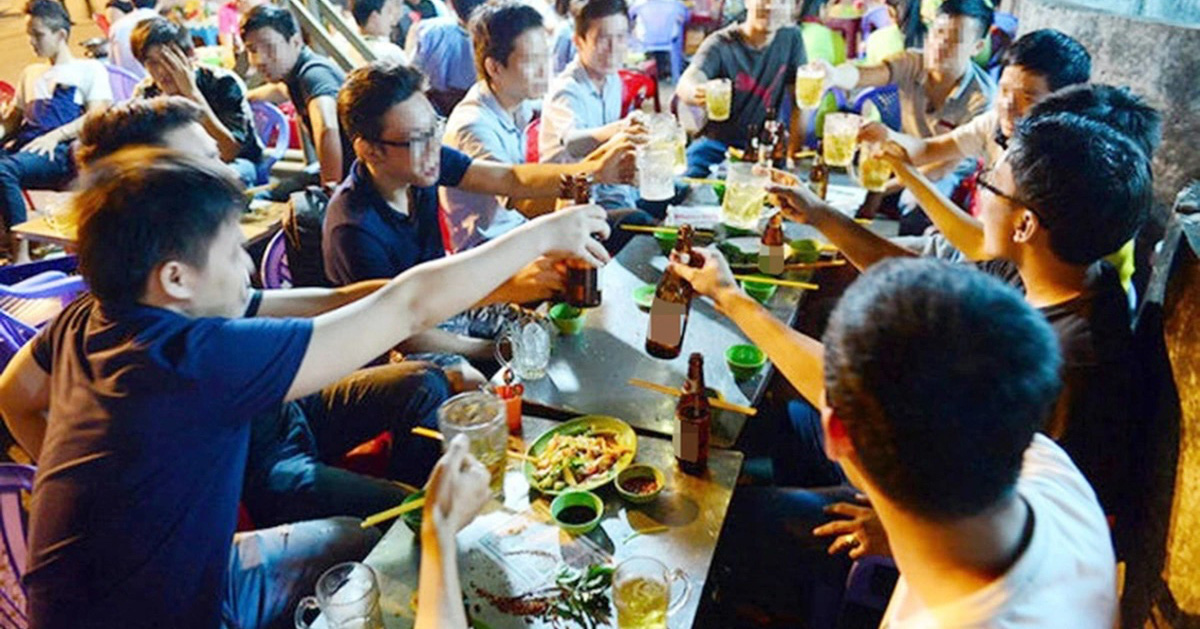

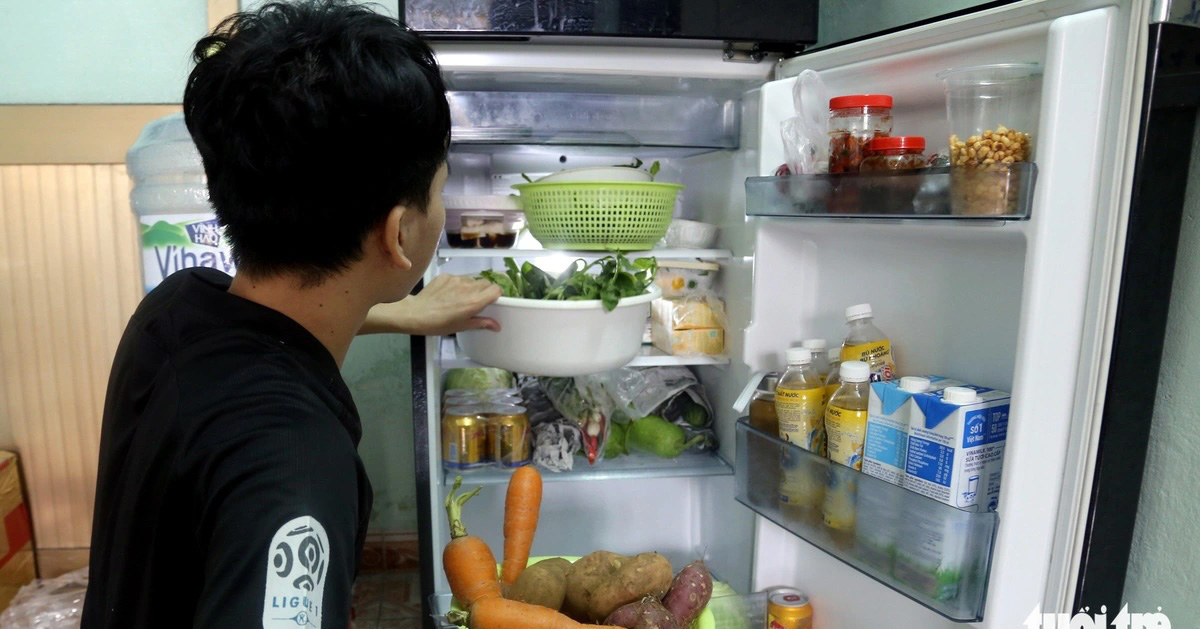



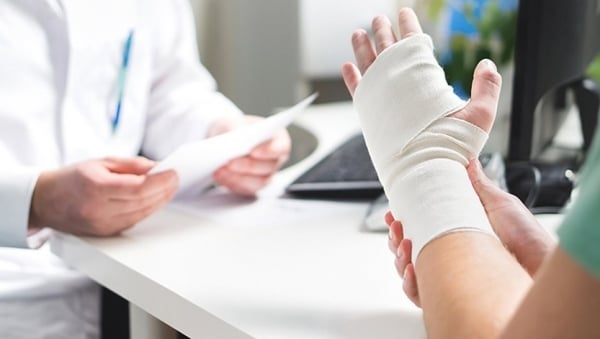



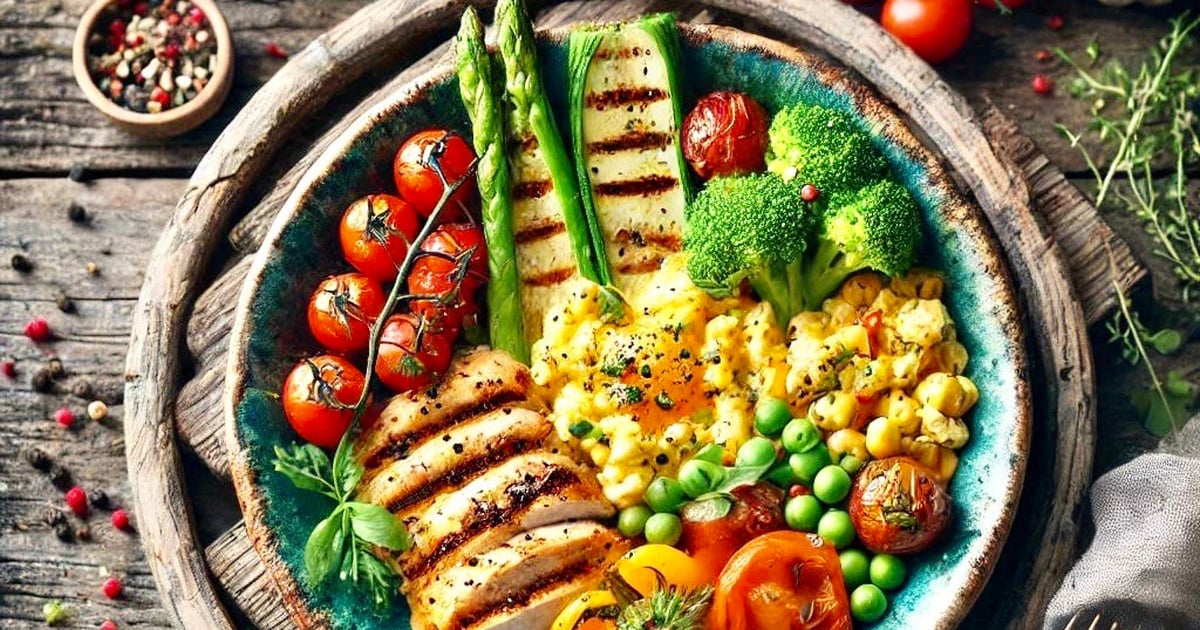

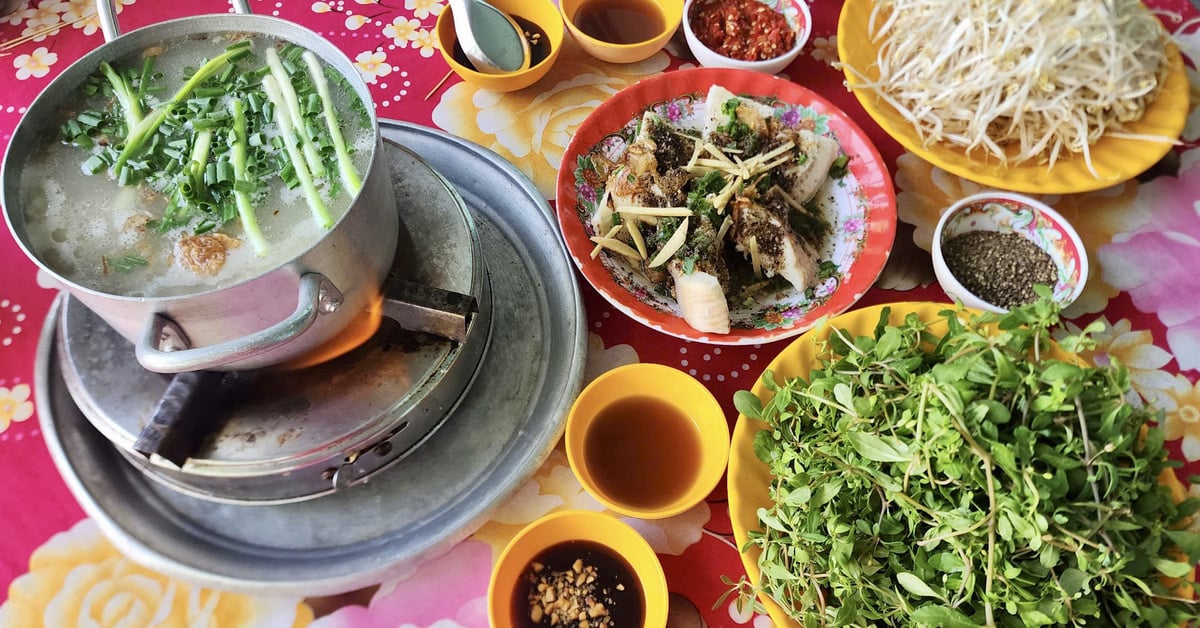
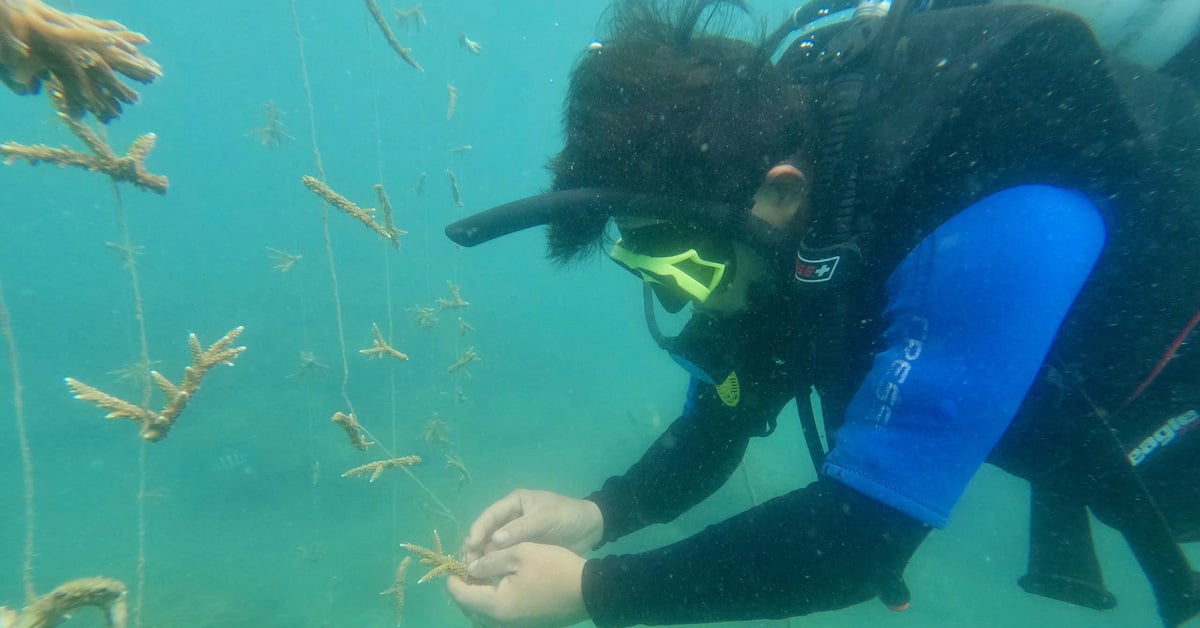

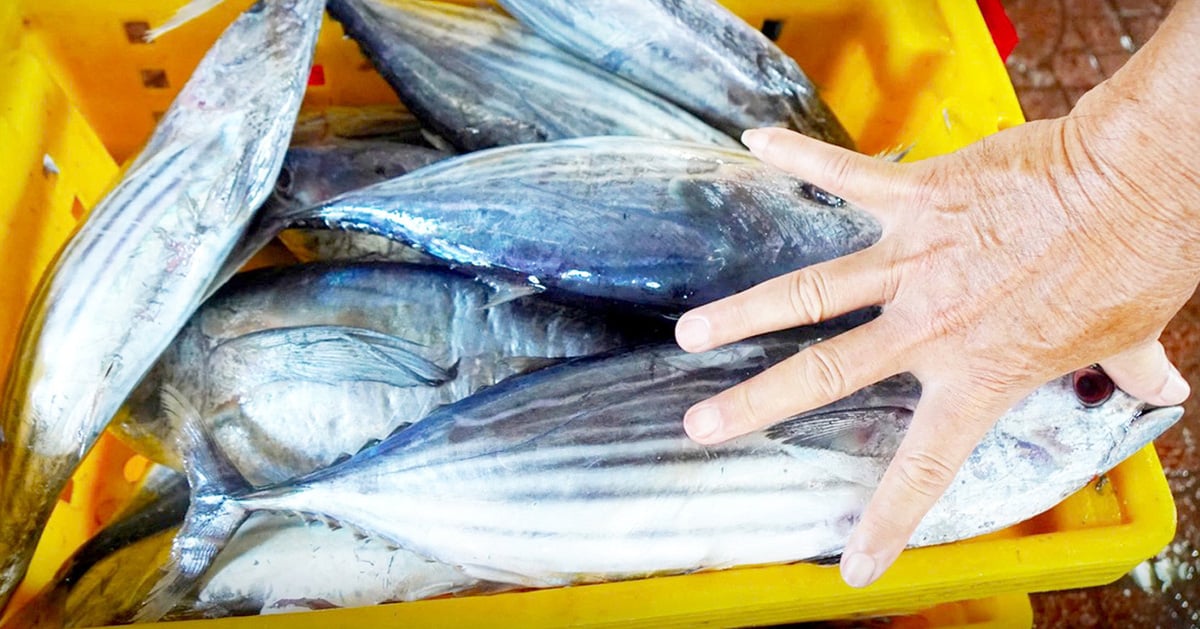













Comment (0)